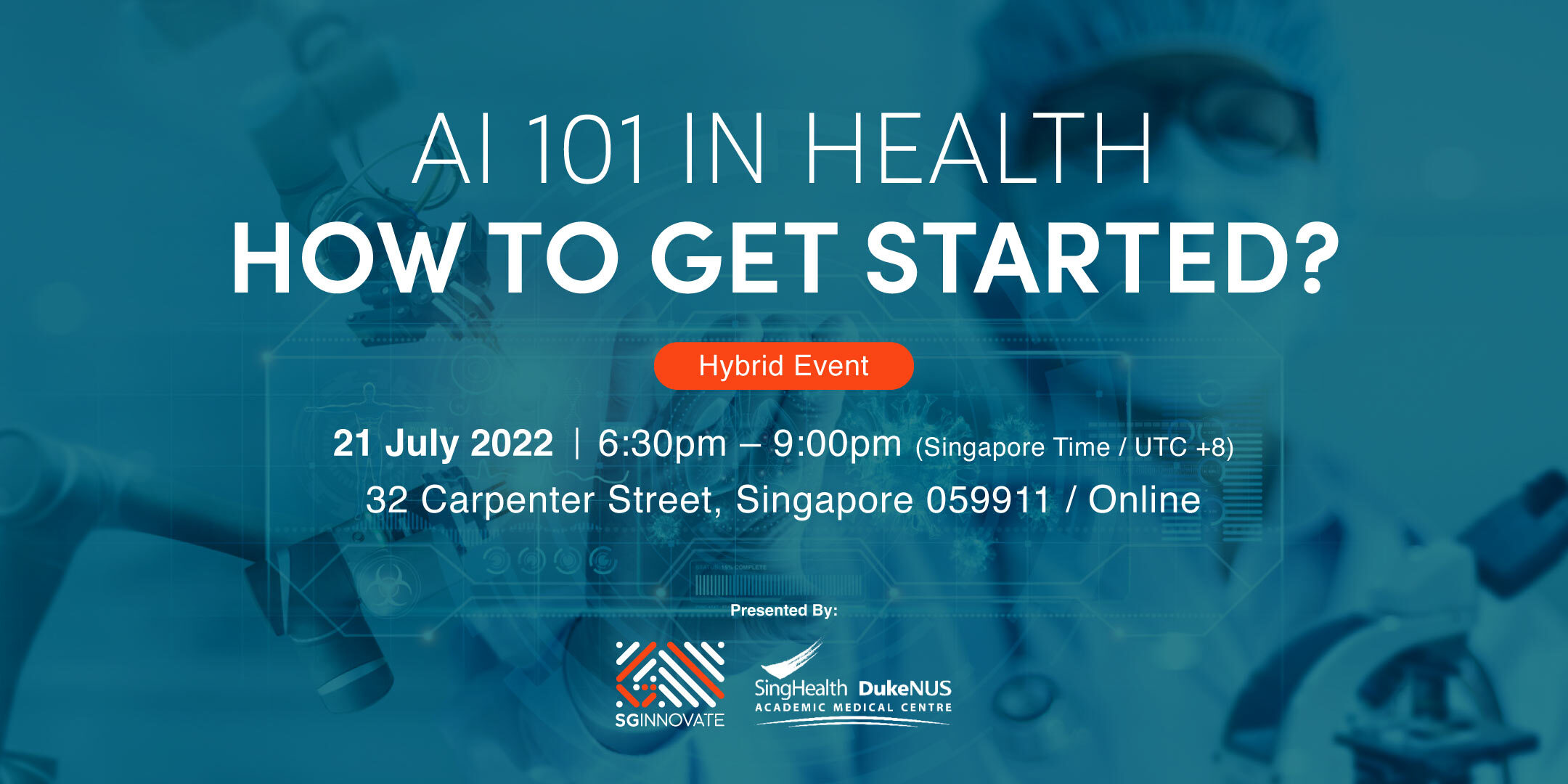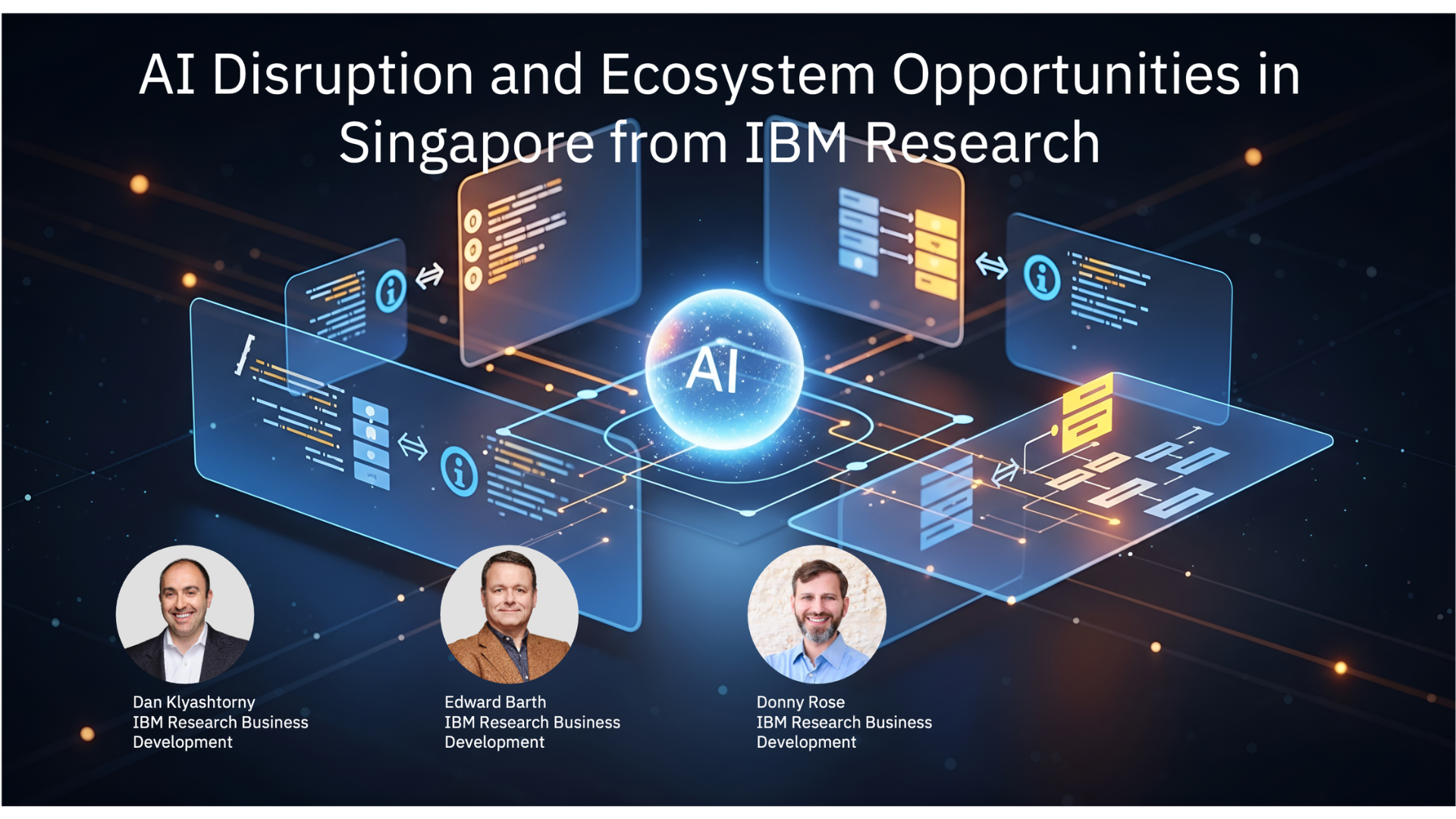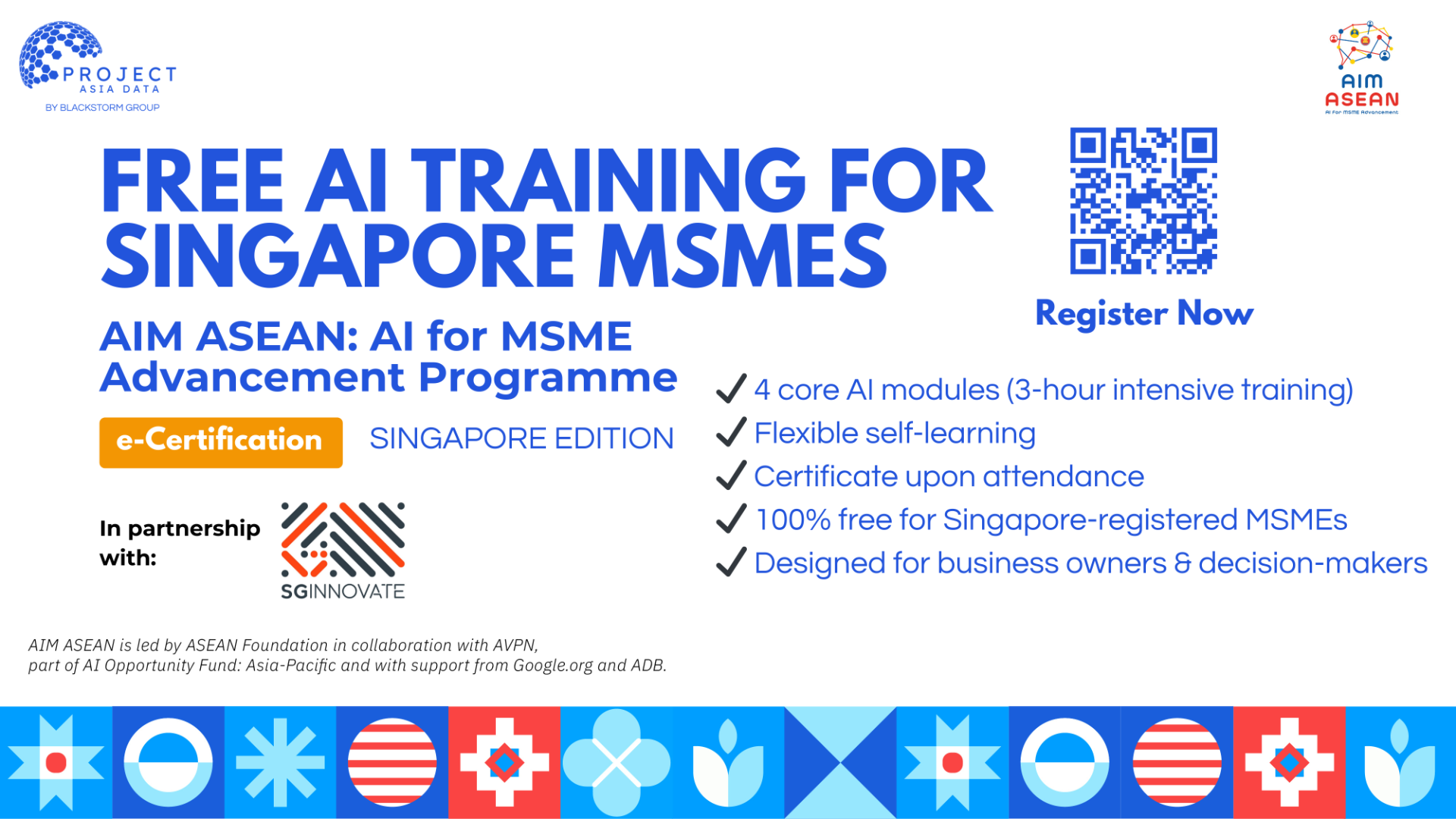Overview
In this upcoming session, join us as we invite young and aspiring students to share about their nascent learning journey and educational experience in AI and key thought leaders from various prestigious tertiary institutions to also share insights on how AI literacy would help develop trust in AI, which could help in the wider adoption of AI products and transform healthcare delivery.
Artificial Intelligence (AI) has changed our lives, particularly its subtype, deep learning. Practical examples of AI impacting our daily lives are conversational chatbots, facial recognition and language translations, to name a few. These advances have begun to percolate into medicine, with deep learning systems capable of diagnosing skin cancer and fully autonomous AI approved for diabetic retinopathy screening as just a few examples. Although AI-enabled healthcare has vast potential, we are only in its early stages. As the field matures and there is increased interest in developing AI technologies for healthcare, a key consideration is how innovators and healthcare personnel can be educated about these advances and what roles they will assume in designing, validating, and implementing them.
In this upcoming session, join us as we invite young and aspiring students from various prestigious tertiary institutions, including the National University of Singapore, Massachusetts Institute of Technology, University of Cambridge and Emory University together with their internship mentor in SingHealth to share about their nascent learning journey and educational experience in AI.
Key thought leaders from Duke-NUS, A*STAR, National Health Innovation Centre Singapore and SenseTime will then discuss the importance of education in AI and ways to increase AI literacy among healthcare personnel and even the broader healthcare system. Panellists will also share insights on how AI literacy would help develop trust in AI, which could help in the wider adoption of AI products and transform healthcare delivery.
Date: 21 July 2022, Thursday
Time: 6:30pm – 9:00pm (Singapore Time / UTC +8)
Venue: 32 Carpenter Street, Singapore 321117 / Online (please indicate during registration)
Event Programme:
6:30pm – 7:00pm: Registration for In-person Attendees
7:00pm – 7:05pm: Introduction and Welcome
7:05pm - 7:10pm: Opening Address on Importance of AI Literacy in Health by Dr Cheong Wei Yang, Deputy Secretary (Technology), Ministry of Health
7:05pm – 7:30pm: Sharing Session by
- Kabilan Elangovan, Research Officer, Singapore Eye Research Institute
- Joanne Su, National University of Singapore
- Haoran (Raymond) Cheng, Emory University Rollins School of Public Health
- Arun Thirunavukarasu, University of Cambridge
- Melissa Du, Massachusetts Institute of Technology
- Haoran (Raymond) Cheng, Emory University Rollins School of Public Health
- Melissa Du, Massachusetts Institute of Technology
- Joanne Su, National University of Singapore
- Arun Thirunavukarasu, University of Cambridge
- Kabilan Elangovan, Research Officer, Singapore Eye Research Institute
- Co-Moderator: Dr Cheong Wei Yang, Deputy Secretary (Technology), Ministry of Health
- Co-Moderator: A/Prof Daniel Ting, Director - SingHealth AI Office and Head of AI & Digital Innovation, Singapore Eye Research Institute
- Cai Yilun, Solutions Director, SenseTime
- Assoc Prof Chow Wan Cheng, Vice Dean – Office of Academic and Clinical Development & Senior Associate Dean – Academic Medicine, Duke-NUS Medical School
- Dr Mary Kan, Programme Director, Singapore Biodesign
- Dr Yeow Siang Lin, Head of Enterprise, National Health Innovation Centre Singapore (NHIC)
- Moderator: Veronica Puah, Executive Director – Community, SGInnovate
Sharing and Fireside Chat Speakers' Profiles:
Haoran (Raymond) Cheng, Emory University Rollins School of Public Health
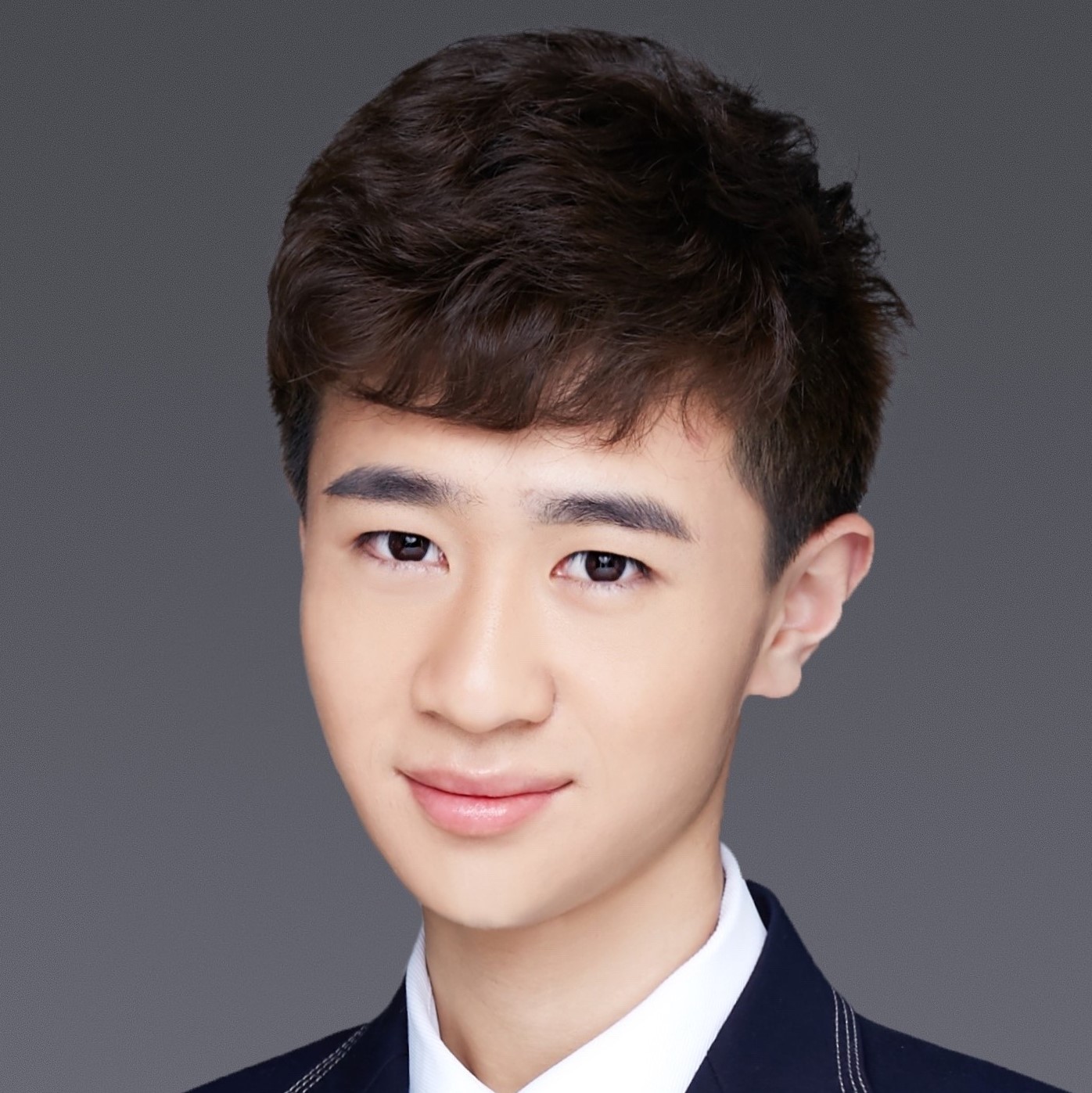
Mr Haoran (Raymond) Cheng is a sophomore student at Emory University Rollins School of Public Health, majoring in Environmental Health. Raymond is interested in data science, artificial intelligence, digital health, and ophthalmology. His current research focuses on metabolomics, multi-omic integration, and ensemble learning. He's currently interning at SERI this summer, learning the application of DL in eye diseases.
Melissa Du, Massachusetts Institute of Technology
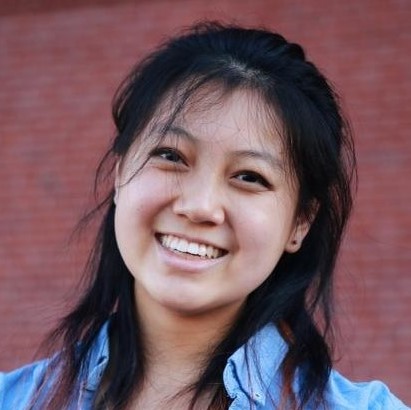
Melissa Du is a rising sophomore at the Massachusetts Institute of Technology (MIT) majoring in Computer Science and Neuroscience. She has an interest in AI, psychology, and the biomedical sciences, and is hoping to work in the startup and healthcare spaces in the future.
Joanne Su, National University of Singapore
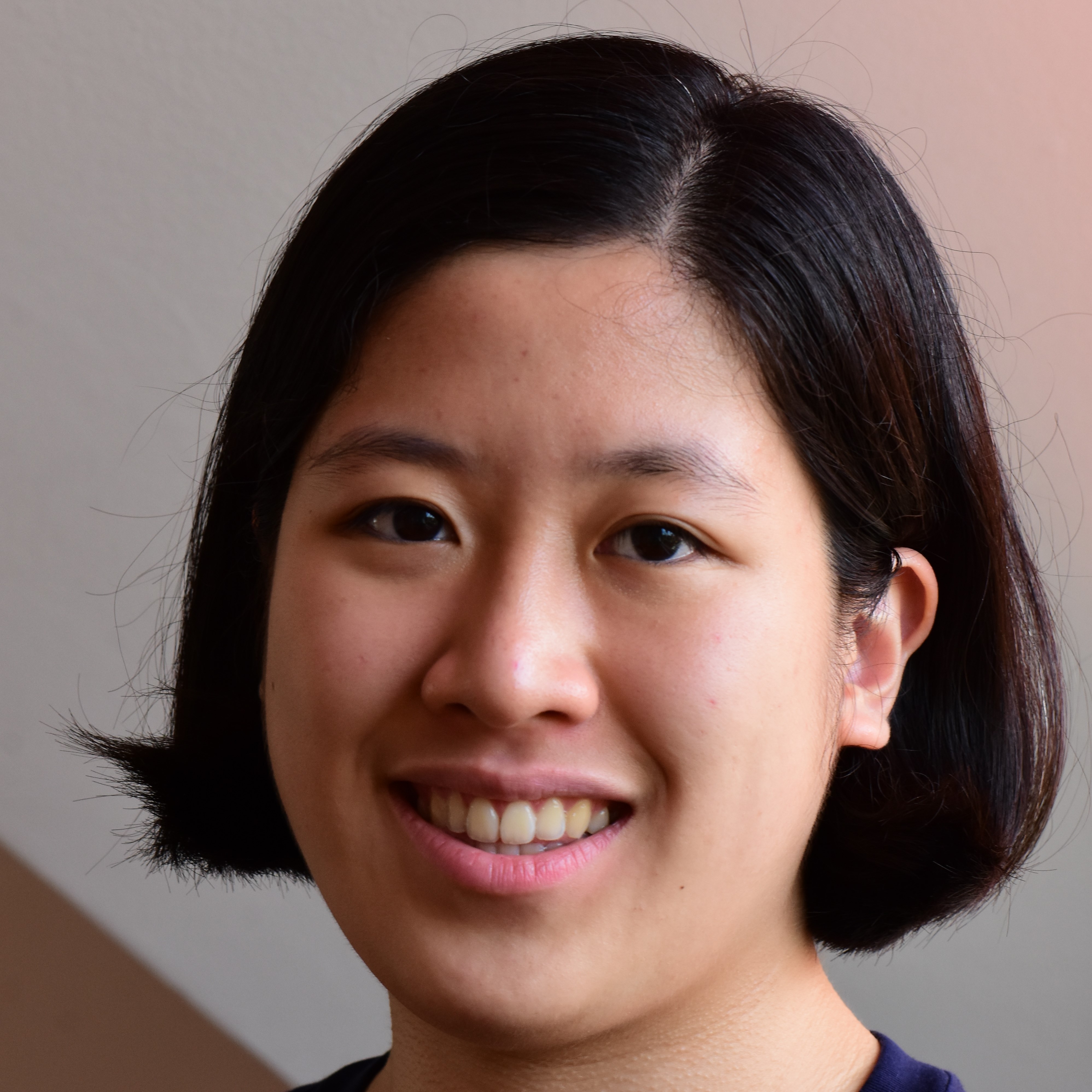
Joanne Su is a freshman at the National University of Singapore majoring in Data Science and Analytics. She completed her internship with SERI AIDI Group in May 2022.
Arun Thirunavukarasu, University of Cambridge
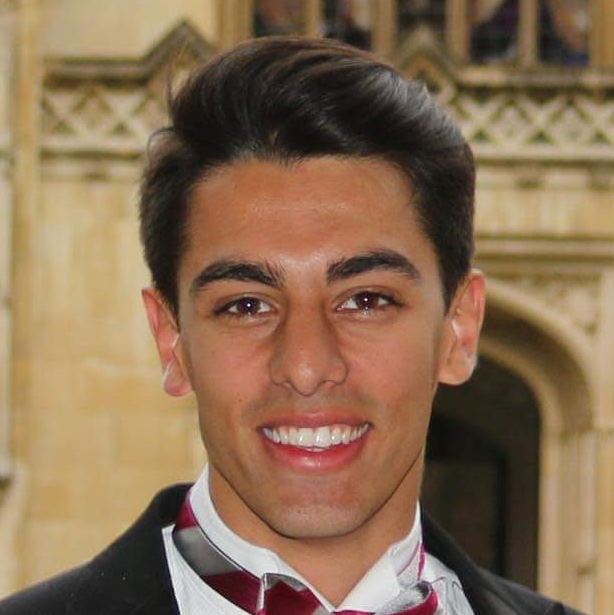
Arun Thirunavukarasu is a final year Medicine student from the University of Cambridge. He has an interest in ophthalmology and clinical applications of new technology. Previously he was involved in validating a remote visual acuity test, DigiVis, for teleophthalmology. Currently, Arun is interning at SERI AIDI Group with a focus on automated machine learning for diagnostics.
Kabilan Elangovan, Research Officer, Singapore Eye Research Institute
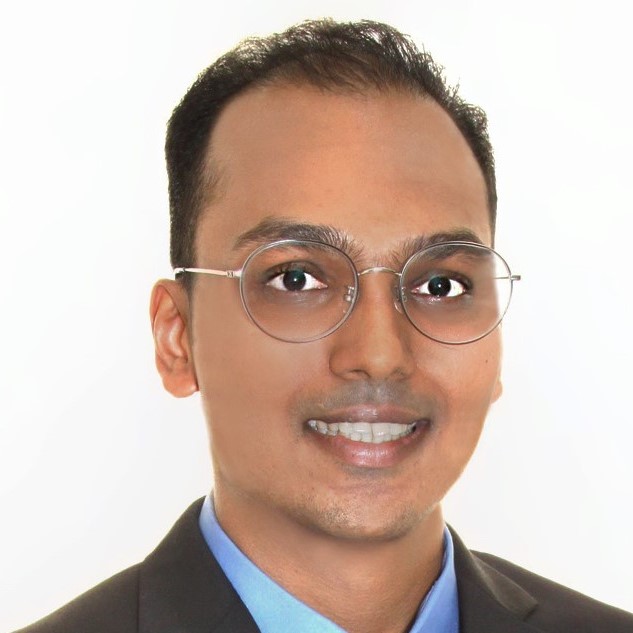
Kabilan Elangovan is a Research Officer at SERI AIDI with a background in Engineering. Currently, he is building clinical screening AI algorithms using deep learning, researching applications of state-of-the-art technology like Generative Adversarial Networks (GANs) in healthcare and exploring the use of Automated Machine Learning (AutoML) for clinical diagnosis. Kabilan is a passionate educator who strongly believes in imparting his knowledge to the younger generation. He has guided AIDI interns and fellow SingHealth colleagues to kick-start their learning journey toward AI and Data Science.
Fireside Chat Moderator's Profile:
Dr Cheong Wei Yang, Deputy Secretary (Technology), Ministry of Health
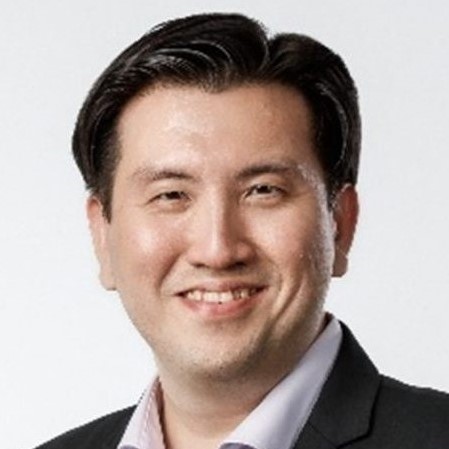
As Deputy Secretary (Technology) at the Ministry of Health (MOH), Dr Cheong Wei Yang deploys technology against COVID-19, and is developing the health innovation ecosystem to achieve MOH’s Three Beyonds – beyond healthcare to health; beyond the hospital to community, and beyond quality to value and Healthier SG.
Prior to MOH, he was Deputy CEO of the National Research Foundation (NRF) of Singapore, where he implemented the S$19 billion Research Innovation and Enterprise (RIE) 2020 plan and led an inter-agency effort to develop the S$25 billion RIE 2025 plan.
He served on the Boards of URA; ISEAS-Yusof Ishak Institute; NMRC; EDDC; DxD Hub; National Additive Manufacturing Programme; Singapore Food Story R&D Programme and NRF Holdings. He continues to serve on the Boards of Advanced Cell Therapy and Research Institute of Singapore (ACTRIS), Centre for Research & Development in Learning (CRADLE), National Clinical Trial Steering Committee (NCTSC) and Precision Health Research Singapore (PRECISE).
Dr Cheong was the Divisional Director (Planning) in the Ministry of Education (MOE). Beyond educational policies, he shaped educational research at the National Institute of Education and led international benchmarking and partnership efforts. As Deputy Director (Manufacturing & Services) at the Ministry of Trade and Industry (MTI) overseeing the Singapore Economic Development Board (EDB), he led the Secretariat for the Economic Strategies Committee chaired by Senior Minister Tharman Shanmugaratnam. As Head of Fiscal Strategy at the Ministry of Finance (MOF), he shaped Singapore’s long-term fiscal sustainability.
As a Rhodes Scholar and PSC Scholar, he obtained his DPhil/MPhil in Economics from Oxford, and his SB in Chemical Engineering and SB in Economics from Massachusetts Institute of Technology respectively.
A/Prof Daniel Ting, Director - SingHealth AI Office and Head of AI & Digital Innovation, Singapore Eye Research Institute
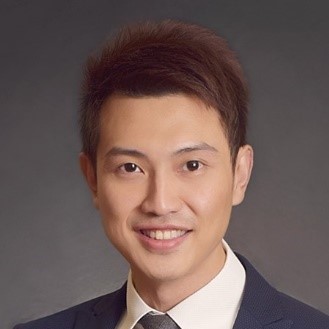
A/Prof Daniel Ting is the Director of SingHealth's AI Office and Head of AI & Digital Innovation at the Singapore Eye Research Institute (SERI), Associate Professor in Ophthalmology with Duke-NUS Medical School Singapore, and Consultant Vitreo-Retinal Surgeon at the Singapore National Eye Centre.
The SingHealth Cluster AI Programme was established in April 2021 with the vision to harness the power of AI for Academic Medicine of Tomorrow. The key focus areas for this programme are to develop more AI-powered clinical solutions using different cutting-edge technologies and rapidly bring these technologies to the bedside for clinical implementation and scale them in the global setting. Furthermore, this programme hopes to build a critical mass of the current and next generation of AI literate practitioners within the healthcare space.
In the global setting, A/Prof Daniel serves on several AI executive committees (STARD-AI, DECIDE-AI, American Academy of Ophthalmology) and AI editorial boards (NPJ Digital Medicine, Frontiers in Medicine and Digital Health). To date, he has published more than 200 peer-reviewed papers in highly prestigious journals such as JAMA, NEJM, Lancet, Nature Medicine, etc., and recently been ranked the world's most influential deep learning researcher across clinical and technical domains in healthcare for the past ten years (2010-2021) by the ExpertScape. He was also the visiting Fulbright Scholar at Johns Hopkins University in 2017.
Panel Discussion Speakers' Profiles:
Cai Yilun, Solutions Director, SenseTime
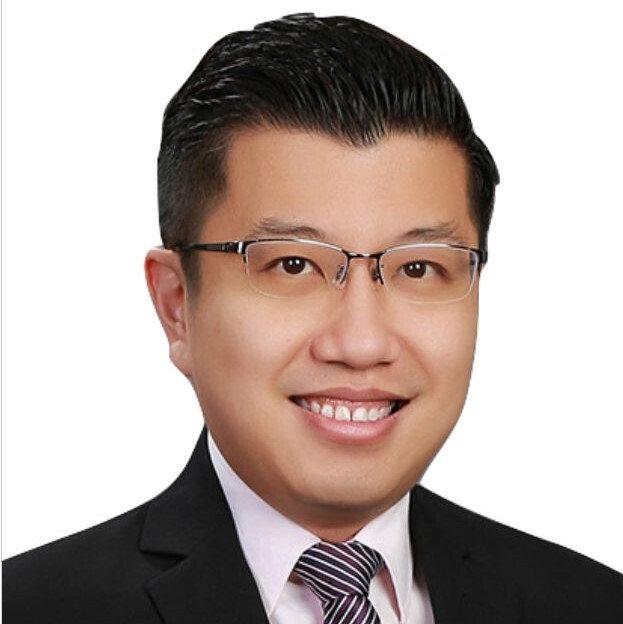
Cai Yilun is the Solutions Director of SenseTime Southeast Asia, and drives the development and localisation of cutting-edge and innovative AI products. He is also leading the AI Education team that focuses on promoting AI curriculum in Southeast Asia.
Prior to joining SenseTime, Yilun had 13 years of experience in companies such as DXC, NCS, and Philips Healthcare, where he developed a keen understanding of the regional digital landscape.
Assoc Prof Chow Wan Cheng, Vice Dean – Office of Academic and Clinical Development & Senior Associate Dean – Academic Medicine, Duke-NUS Medical School
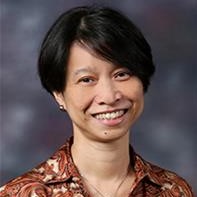
A/Prof Chow Wan Cheng is the Vice Dean of the Office of Academic and Clinical Development (OACD) of Duke-NUS Medical School. She is also the Group Director of Academic Medicine, SingHealth, in the SingHealth Duke-NUS Academic Medical Centre (AMC). The Office of Academic and Clinical Development leads, catalyses and coordinates Duke-NUS' role in the SingHealth Duke-NUS Academic Medical Centre by enabling and implementing Academic Medicine strategies. It also develops capabilities and supports academic recognition, appointment and development of faculty.
As a strong advocate of holistic medical education and health equity, A/Prof Chow Wan Cheng is the Core Lead of Education and Training at the SingHealth Duke−NUS Global Health Institute (SDGHI). Being the Lead for the Education Core of SDGHI, she initiated the Global Health Introductory Programme for Residents, as a pilot program, for five of the major SingHealth Residency Programmes since 2019.
A/Prof Chow has been involved in education for decades. She was the founding Programme Director of the SingHealth Internal Medicine Residency Programme, which is the biggest, in terms of resident strength, in SingHealth. NMRC awarded her the National Outstanding Clinician Educator Award in 2014.
In her clinical profession as a hepatologist, her interest in viral hepatitis has taken her to teach and provide public health advice in China, Southeast Asia and Chile, respectively, in alignment with the WHO goal of eliminating viral hepatitis as a public health problem by 2030.
A/Prof Chow is also a Senior Consultant in Gastroenterology & Hepatology at the Singapore General Hospital.
Dr Mary Kan, Programme Director, Singapore Biodesign
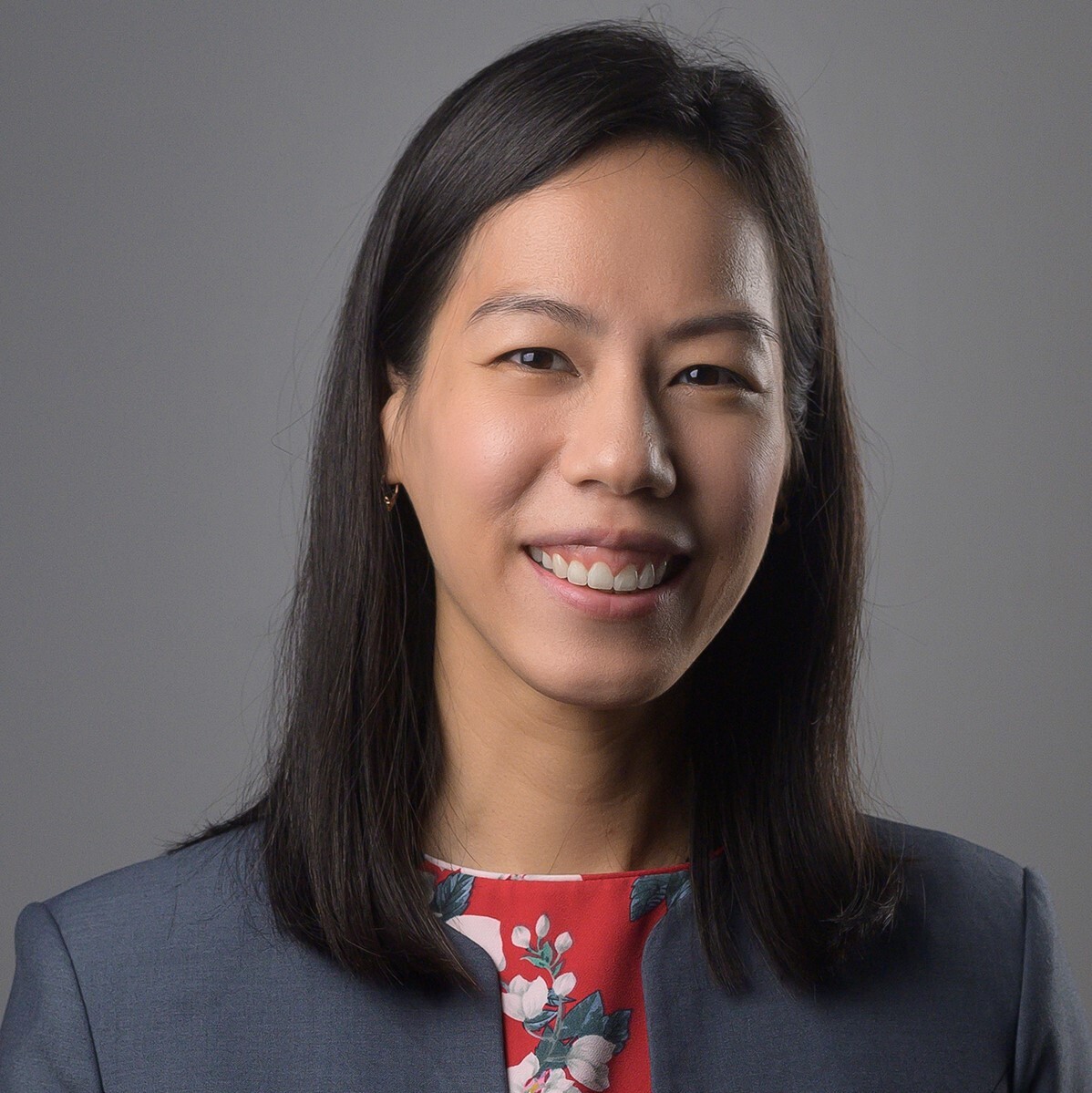
Dr Mary Kan read biochemistry at Imperial College London and pharmacology at King's College London. After returning to Singapore, she worked at DSO National Laboratories with a focus on preclinical and clinical research into battlefield injuries. She subsequently completed her PhD in Neuroscience at the National University of Singapore investigating mild traumatic brain injury and its effect on functional outcomes.
Mary was a Singapore-Stanford Biodesign fellow in 2015. Through this program, together with her teammates, developed a medical device for endoscopic biopsy and a wearable neurostimulation device for chronic venous insufficiency. Since the fellowship, Mary has continued to apply Biodesign tenets to her work. She has been immersed in clinical environments in developed and developing countries and now applies a systematic approach to assess unmet clinical needs. Mary was also involved in product design & development consultancy work for a NASDAQ-listed medical device MNC with a view to launching their product in China.
She was part of a new business initiative at ST Engineering where she was involved in formulating a new business entry strategy and facilitating cross-institutional partnerships with local agencies, health services and industry.
Mary returned to A*STAR in 2018 and has led the transition of the Singapore-Stanford Biodesign to Singapore Biodesign and its recognition as the first Asian Stanford global affiliate. In Singapore, she has also led the identification of key competency frameworks for I&E in the health technology area and is actively increasing the democratisation of Biodesign in universities and workplaces. At Enterprise A*STAR, Mary also brings the Biodesign methodology into her work at the Enterprise division, assisting to improve the value proposition of A*STAR projects in their translational journey and engaging with external industry partners to facilitate their commercialisation.
Dr Yeow Siang Lin, Head of Enterprise, National Health Innovation Centre Singapore (NHIC)
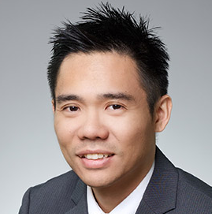
Dr Yeow Siang Lin is currently heading the Enterprise division of the National Health Innovation Centre Singapore (NHIC). He is responsible for nurturing promising healthcare innovation toward the formation of spin-off companies. He oversees a number of projects ranging from heart valve implant, percutaneous liver biopsy, cyro-compression devices, AI-assisted needle guidance systems and ophthalmology diagnostic tools. Prior to joining NHIC, Siang Lin spent close to 10 years forming partnerships with startups, SMEs, research institutions of universities and healthcare institutions. Siang Lin holds a PhD in Biomedical Engineering, a Master's in Electrical Engineering and bachelor's in Mechanical Engineering.
Panel Discussion Moderator's Profile:
Veronica Puah, Executive Director – Community, SGInnovate
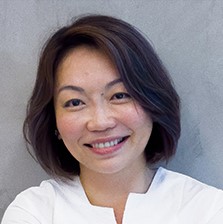
Veronica Puah leads SGInnovate’s community building and marketing communications efforts as Executive Director – Community.
Driving SGInnovate’s mission to grow the Deep Tech economy, Veronica directs the organisation’s community engagement and partnership strategy, developing platforms and initiatives that foster collaboration across the ecosystem. She also guides community building within specific emerging technology verticals and looks at growing awareness around opportunities for both talent and startups.
No stranger to Singapore’s Deep Tech ecosystem and SGInnovate, Veronica previously spent four years with the Talent Networking team, designing and implementing talent strategies to help exciting Deep Tech startups connect with a global talent pool. Most notably, she worked with the team to develop and launch SGInnovate’s talent development programmes, the Summation Programme, Infinity Series, and PowerX.
Prior to joining SGInnovate, Veronica has over 16 years of consulting experience working with many organisations, including Aviva, CAAS, DBS, HSBC, Kulicke & Soffa, Infineum, Maxis, Nestle, NTUC First Campus, and more.
Veronica graduated from Ohio State University with a BSc in Business Administration and Finance and holds an MBA (Distinction) from the University of Manchester.



